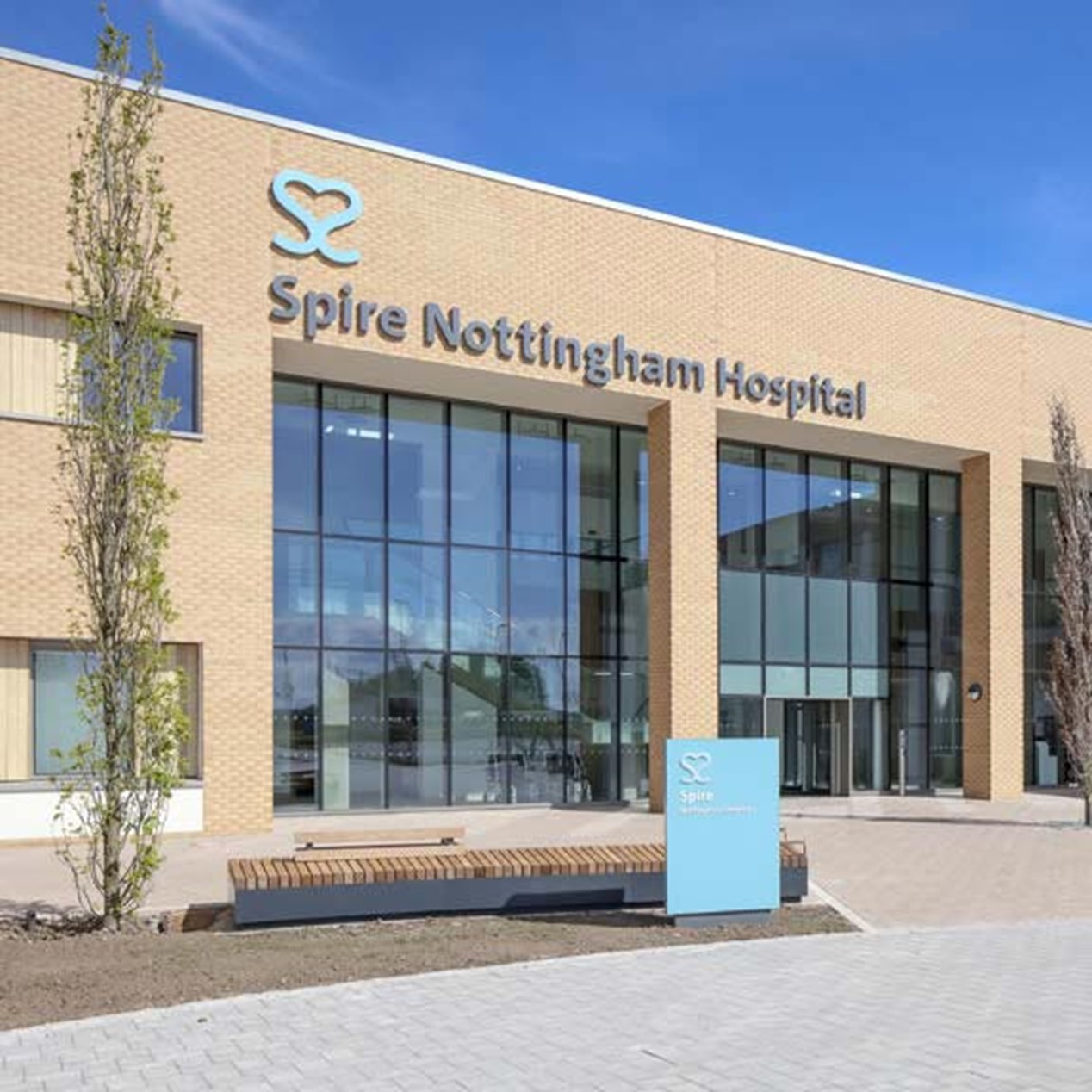ECG monitoring is a way of measuring your heart's electrical activity and rhythm, to track changes over a period of time - typically 24 or 48 hours - or when you feel symptoms. Electrodes are connected to a small recording device, sometimes called a holter monitor, which you wear on a belt around your waist.
A referral letter from a consultant or GP is required before booking any diagnostic investigation.
Why you might need it
ECG monitoring is similar to a normal electrocardiogram (ECG), which measures your heart's rhythm and electrical activity, except electrodes are connected to a small portable recording device rather than a machine in a hospital. It is useful for diagnosing symptoms that are not constant, such as palpitations or chest pain. It is often used to test for arrhythmia. It's safe and completely painless.
Since 2007 we've invested £500 million into our hospitals and staff; all of our patients can gain rapid access to some of the latest generation diagnostic imaging equipment and treatment.
You don't have to wait to have this test with us, so you can have your results in hand to quickly get on the right treatment path for your condition. We don't just offer diagnostics, but take an integrated medical approach and can organise any other cardiac care that you may need.
If you decide to have your procedure with us, you will be looked after by an experienced multi-disciplinary care team.
Find a Spire hospital offering this treatment

Who will do it?
Our patients are at the heart of what we do and we want you to be in control of your care. To us, that means you can choose the consultant you want to see, and when you want. They'll be with you every step of the way.
All of our consultants are of the highest calibre and benefit from working in our modern, well-equipped hospitals and clinics.
Our consultants have high standards to meet, often holding specialist NHS posts and delivering expertise in complex sub-specialty surgeries. Many of our consultants have international reputations for their research in their specialised field.
Before your treatment
You will need a referral letter from a consultant or GP before booking any diagnostic investigation.
You will have a formal consultation with a healthcare professional. During this time you will be able to explain your medical history, symptoms and raise any concerns that you might have.
We will also discuss with you whether any further diagnostic tests, such as scans or blood tests, are needed. Any additional costs will be discussed before further tests are carried out.
We will discuss with you whether there are any other treatment pathways to consider that might be an option or if you can be booked straight in for ECG monitoring.
Preparing for your treatment
We've tried to make your experience with us as easy and relaxed as possible.
For more information on visiting hours, our food, what to pack if you're staying with us, parking and all those other important practicalities, please visit our patient information pages.
Our dedicated team will also give you tailored advice to follow in the run up to your visit.
The procedure
While ECG monitoring is a non-invasive and completely safe procedure, we understand that being advised to have your heart checked can potentially be a time of anxiety and worry. Our experienced and caring medical staff will be there for you every step of the way.
We will stick several electrodes onto the skin on your chest. Wires from these will connect to the holter monitor or recording device, which you will wear around your waist. The recorder will either record continuously over a period of time - typically 24 or 48 hours - or you will be asked to turn it on when you feel certain symptoms.
Aftercare
You will be able to leave the hospital or clinic once your ECG recorder is fitted but you will need to return to hospital after the period of recording is complete. At that appointment, the doctor will review the readings from the device, which appear as a series of waves.
If anything out of the ordinary is found, your doctor will advise you on potential treatment paths that best suit your circumstances.
We offer integrated medical care and can create a treatment plan to help put you back on the road to good health, or we can send your results straight to your GP.
Why choose Spire?
We are committed to delivering excellent individual care and customer service across our network of hospitals, clinics and specialist care centres around the UK. Our dedicated and highly trained team aim to achieve consistently excellent results. For us it's more than just treating patients, it's about looking after people.
Important to note
The treatment described on this page may be adapted to meet your individual needs, so it's important to follow your healthcare professional's advice and raise any questions that you may have with them.

